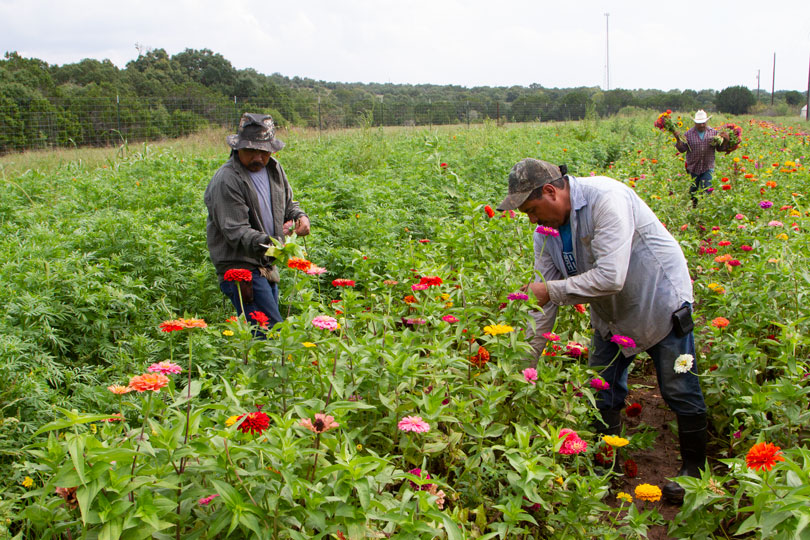By Justin Walker
Communications Specialist
The U.S. Department of Labor announced a proposal to improve the H-2A temporary agricultural labor certification program last week.
The announcement was made to help America’s farmers modernize the rule and help reform agricultural guest worker labor laws.
The proposed rule will help the H-2A program reflect stakeholder concerns and improve access to a legal source of agricultural labor.
“President Trump once again shows his commitment to helping America’s farmers, ranchers and producers continue to be the most productive in the world by increasing their access to a stable and legal workforce,” U.S. Secretary of Agriculture Sonny Perdue said. “The proposed rule will increase access to a reliable legal agricultural workforce, easing unnecessary burdens on farmers, increase enforcement against fraud and abuse, all while maintaining protections for America’s workers.”
The rule, once in effect, will allow farmers and ranchers to do what they are best at, Perdue said.
In a notice of proposed rulemaking, the U.S. Department of Labor’s Employment and Training Administration and Wage and Hour Division included several proposals that would streamline and simplify the H-2A application process, strengthen protections for U.S. and foreign workers and ease unnecessary burdens on employers.
According to the announcement, the proposal would revise the definition of agricultural labor or services to include employers engaged in reforestation and pine straw activities, expanding access to the program.
American Farm Bureau Federation (AFBF) was pleased with the acknowledgement of needed reform regarding the H-2A program.
“American farmers and ranchers have long faced challenges in meeting their labor needs and asked for modernization of the H-2A program,” AFBF President Zippy Duvall said. “This is a lengthy rule and we intend to evaluate it closely for its potential to assist growers with their labor needs. We are pleased by this development, however, and look forward to submitting comments to the official docket on this proposal.”
Click here for more information regarding the proposed rule changes.

